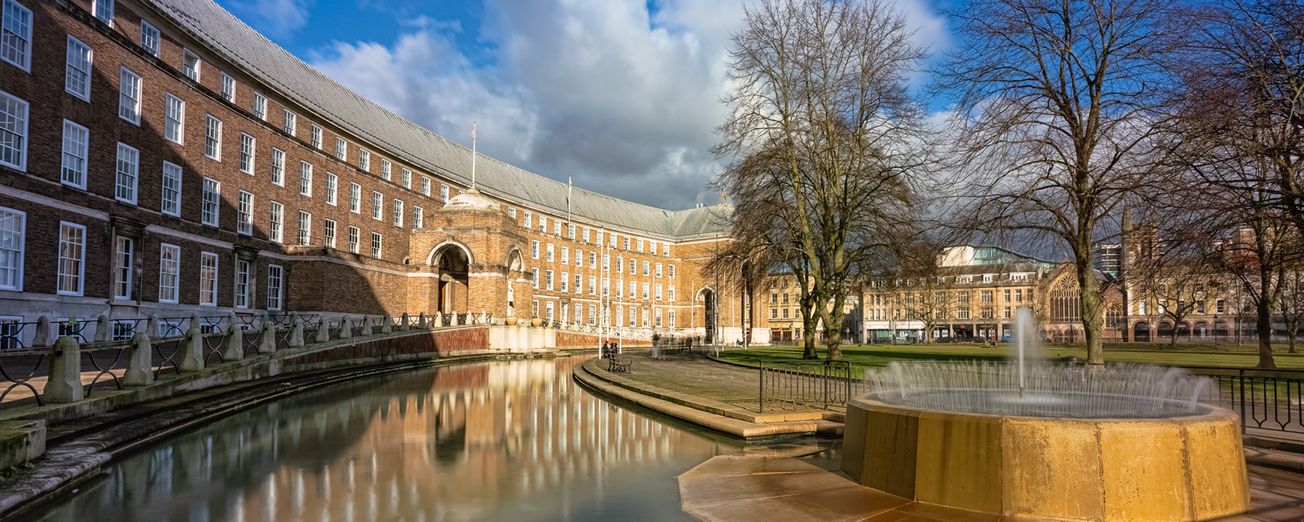Anna Webb, Anthropology, Third Year
This May, a referendum will take place over whether or not Bristol should keep its elected mayor. Strange, considering the job was created barely a decade ago.
But the office of the mayor has become ineffective, unnecessary and part of an incomprehensible system of local government. It’s time to get rid of it.
When the mayoralty was established in 2012, Bristol was struggling with chronically ineffective local governance. Council elections rarely resulted in definitive majorities, leading to political stalemates. This meant that many development projects ended up dead in the water.
Breaking: Referendum on Bristol's mayoral system to take place next year.
— BristolWorld (@BristolWorldUK) December 7, 2021
Councillors voted for it following an impassioned debate at City Hall this evening.https://t.co/WpdhzrhOD2
Bristol duly developed a reputation as a city where nothing ever gets done. There was widespread dissatisfaction with local government.
This is why the role of mayor was proposed. A mayor has definitive power and can overrule the council’s opinions, theoretically bypassing the stagnant committee-based system.
A main reason why people voted 'yes' was null and void
Bristol was one of several cities to hold a mayoral referendum in 2012. Then Prime Minister David Cameron even had big plans for a sort of ‘super committee’ of mayors from across the country.
This sounded like the perfect way to connect disgruntled citizens - who felt ignored by parliament – back to their representatives in the capital. This promise was one of the bigger selling points for the elected mayor system.
However, Bristol ended up being the only city to vote yes in their referendum. As such , no ‘super committee’ appeared. Nor did the promised regular meetings with the Prime Minister. A main reason why people voted ‘yes’ was null and void. This meant in many ways the office was doomed from the beginning.
Should we have an elected mayor or should our city be governed by councillors sitting on cross-party committees? The mayoral model might have its faults, but I still think it's best for Bristol. https://t.co/yqOCWSwTED
— Martin Booth (@beardedjourno) November 29, 2021
Another problem with Bristol’s current system is that it technically has two mayors: Marvin Rees, who most Bristolians have heard of, and Dan Norris.
Marvin Rees is the elected mayor of Bristol, but Dan Norris is the elected mayor of WECA (the West of England Combined Authority). WECA encompasses Bristol, Bath, North and East Somerset and South Gloucestershire. And while Marvin Rees arguably has a much higher profile, the man that controls the funding for big projects relating to issues like transport is Norris.
But it would be unfair to suggest that there are no reasons for keeping the mayor
The result is a very confusing mess of mayors and councillors and cabinets that most people struggle making any sort of sense of.
This also means that while Rees is the more famous politician, he has relatively little power when it comes to major decisions, making it even more logical that his position be removed entirely.
But it would be unfair to suggest that there are no reasons for keeping the mayor.
First of all, there is the fact that the referendum was proposed by the Liberal Democrats and backed by the Green Party. The current mayor is a Labour one, and the numbers suggest that Labour has the best chance of winning the next mayoral election. This means that the mayoralty is unlikely to fall into the hands of the Lib Dems or the Green party any time soon.
We have launched our campaign to #ScrapTheMayor in the referendum in May. If you want to get involved and help click: https://t.co/tU7JtjWT0C pic.twitter.com/n2cCEHw0HI
— Bristol Lib Dems🔶 (@BristolLibDems) December 30, 2021
Their call for a referendum could just be a response to the fact that they know they are unlikely to win an election themselves, and therefore want to get rid of the office completely.
As well as this, the referendum itself, which will likely cost hundreds of thousands of pounds, is a waste of essential resources in a time when councils are already strapped for cash.
The role of Bristol Mayor is unnecessary
Further, the pre-2012 system did not work well. Removing the mayor could plunge the city back into the control of an indecisive committee system, killing much of the hope the city has for development.
However, the role of Bristol Mayor is unnecessary. Bristol voted for a mayor in 2012 on promises that never materialised, and now all that there is to show for it is a system of government that no one seems to actually understand and a city with two mayors.
It's difficult to say what the result will be in the referendum, frankly it is unlikely to see a high turnout. But it seems clear that the system needs to change in some way, because a system that’s as convoluted as this one is will undoubtedly continue to be inefficient and wasteful.
Featured image: Bristol City Council
Let us know your opinion on the upcoming referendum on twitter @EpigramOpinion !









